What is a Community of Practice (CoP)? It is a learning community, or collegial network, defined as “a group of people who share interest in an area of inquiry and engage in collective learning about that issue as it relates to their work or practice. Through discussions, joint activities, and relationship building, the community of practice develops a shared and individual repertoire of resources, skills, and knowledge to use in their practice. ” (MN Campus Compact).
The CoP model combines elements of learning, practice, and community. Together, these interact so that shared learning in community informs practice. CoPs balance an emphasis on each of these, giving as much attention to building relationships as to thinking and doing. In this way, CoPs are designed to function differently than most dominant cultural modes of work, where action may be prioritized over relationships or reflection.
These CoPs embraces and embodies the following equity-based principles that: (a) everyone has knowledge to share, (b) everyone has learning to do, and (c) participants bring many identities and ways of knowing and that such diverse expressions should be encouraged and incorporated into CoP activities. CoPs will:
Spring 2024 CoP: Collaboratively Advancing our Understanding and Practice: Community-Engaged Teaching and Learning
Audience: Faculty, Staff, Graduate Students, and Community Partners
Facilitators:
Are you a faculty, staff, graduate student, or community partner who is implementing, supporting, and/or assessing community-engaged teaching and learning work? Join this Community of Practice to strengthen your understanding and practice of community-engaged teaching and learning, share resources, and expand your network of community-engaged colleagues. CoP participants will collectively create a repository of promising practices as a result of their time together. This CETL CoP will meet on Wednesdays at 12 p.m. every other week, for five weeks, in the spring semester. January 31, February 14 & 28, April 10 & 24. *March – reading/resource gathering. March 13 – optional check-in.
Experienced civic engagement experts (CEPs) who participated in PCCE’s rigorous, cohort-based summer facilitation program serve as the facilitators. In order to create an environment that is engaging, welcoming, inquisitive, and compelling for all participants, this program prepared CEPs in the design and execution of effective professional development workshops. CoP facilitators and members of the CoP leadership team co-facilitate workshops throughout the 2023-2024 academic year.
Because a CoP is focused on building shared knowledge amongst professionals, facilitators create a safe and confidential space for honest conversation, keep the group moving in its desired direction, and maintain positive group dynamics while remaining learners and participants. PCCE’s trained facilitators encourage agency and mutual responsibility of all group members, ensuring that all participants recognize their role as an equal contributor to the process of working together to build and sustain equitable and inclusive civic engagement environments.
To learn more about our CoP facilitators and leadership team, please view their bios.
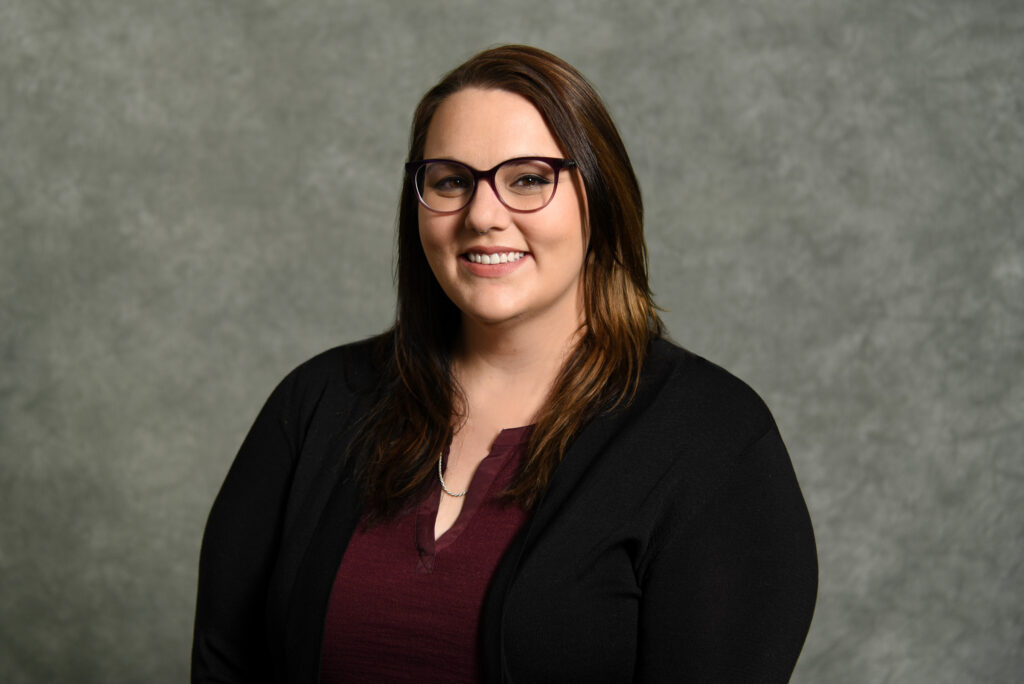
Jess Mann (Ph.D.) has a higher education career spanning over a decade and includes positions in both student affairs and academic affairs. She is currently the Assistant Vice President for Community Engagement in the Office of Civic Engagement and External Relations at Duquesne University in Pittsburgh, PA. In this role, she serves as a network mapper for the institution–overseeing the university’s engagement strategy, connecting internal and external stakeholders through mutually beneficial partnerships for teaching, learning, research, and community impact. She is also charged with supporting faculty and student development to ensure the campus community has the skills and competencies necessary to mobilize the mission and engage in authentic community experiences. Her scholarship has been published in a number of research reports, academic books, journals, and encyclopedias, including The Journal of Student Affairs Research and Practice; Journal of Curriculum Theorizing; Education, Citizenship, and Social Justice; and Christian Higher Education. In addition, she serves as the editor-in-chief of the Tropman Report, a publication sponsored by The Forbes Funds that informs the nonprofit sector. She formerly served as Senior Co-Editor of the International Journal of Service-Learning and Community Engagement, which advances research and best practices for community-engaged teaching, learning, and research.
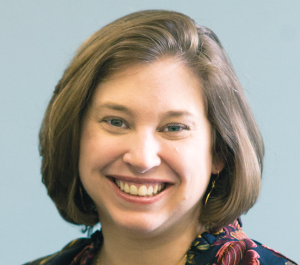
Dr. Alice Villaseñor is the Associate Director of the Dr. Katherine S. Conway-Turner Office of Civic and Community Engagement (CCE) at SUNY Buffalo State University, where she oversees community-engaged learning efforts. She began chairing the WNY Service-Learning Coalition when the administrative home of the organization moved to Buffalo State in August 2023. A Jane Austen scholar, she is very active in the Jane Austen Society of North America,
and currently serves on the Diversity, Equity, and Inclusion committee.
She has previously worked as an Assistant and Associate Professor of English at Medaille College, where she developed community-engaged learning courses for English majors, education majors, and general education students. She was introduced to community-engagement work during a graduate assistantship at the University of Southern California’s service-learning program, The Joint Educational Project (JEP), where she also served as the Director of Public
Humanities Initiatives.
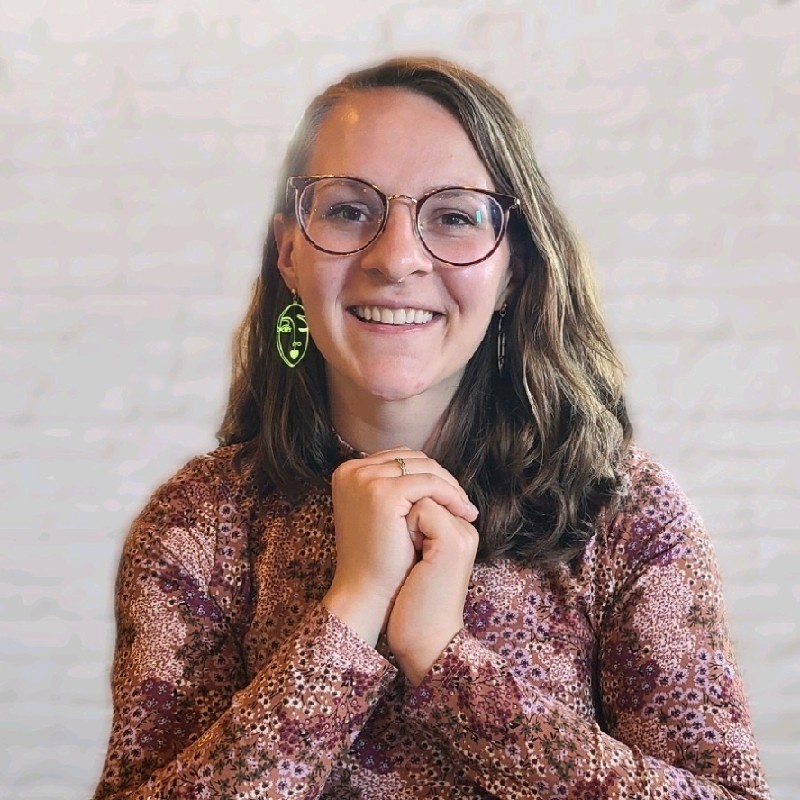
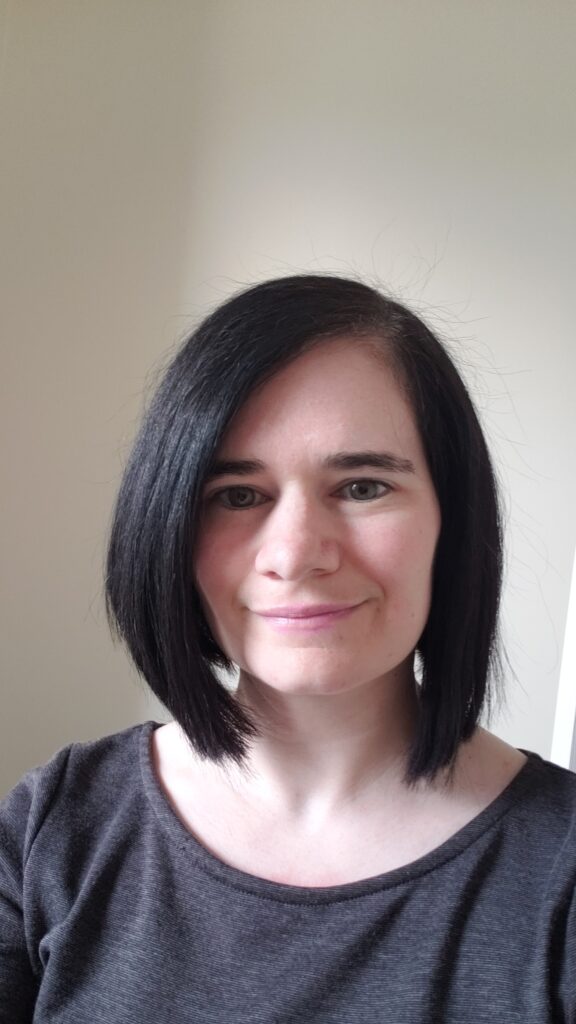
Meggan Lloyd, Ph.D. is an Assistant Director in the Office of Student Leadership, Involvement, and Civic Engagement at Carnegie Mellon University. In this role Meggan provides support for students in civic engagement initiatives as well as basic needs support. Dr. Lloyd has worked in higher education for the past decade. Prior to transitioning to higher education Dr. Lloyd worked in community outreach programming, including running a weekly food pantry for 4 years. Dr. Lloyd’s research focuses on supporting the population of students enrolled in higher education with lived experience in the foster care system.
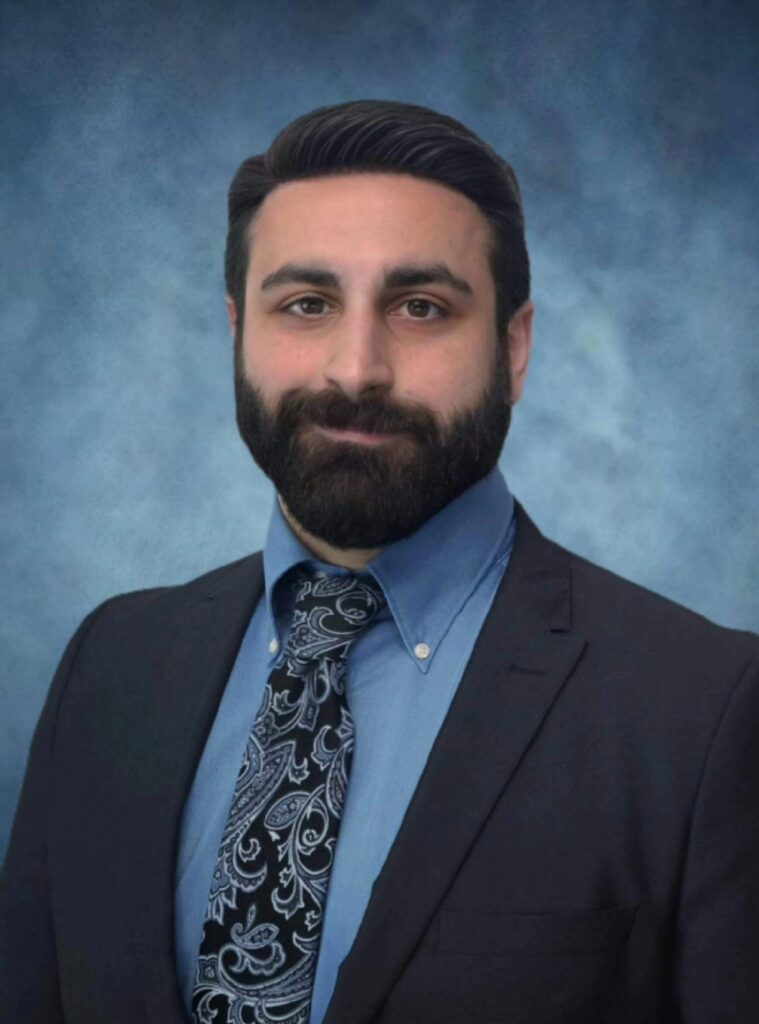
Daniel Salamone is the Director of Academic Community Engagement at Gannon University in Erie, Pennsylvania. Daniel has been involved with PCCE from the start and serves on PCCE’s Advisory Board as well. His work involves overseeing all community-engaged initiatives that involve credit-bearing experience and faculty-driven research. Daniel and his colleagues have guided dozens of courses each semester through community-engaged teaching. He and his team offer faculty mentorship in experiential learning, service-learning, scholarship of engagement, and more. Daniel has spent the last few years working with local and regional community partners to offer faculty and students meaningful and impactful experiences. Daniel also has founded and organized the Beyond the Classroom: Community-Engaged Teaching and Research conference (partnered with PCCE) that is held annually gathering participants from PA, NY, OH, NJ, and more.
Beyond his role of Academic Community Engagement, Daniel is also Gannon’s Honors Program Director and has helped launch their new university honors program. Daniel has his Bachelor’s in Political Science, his Master’s in Organizational Leadership, and is currently finishing his PhD in Organizational Learning and Leadership. Prior to Gannon, Daniel worked with Mercy College as well as Marist College. He has also been teaching for the last 10 years in multiple departments including Political Science, Public Speaking, Legal Studies, Criminal Justice, and Sociology. Daniel has made his career around inspiring students and empowering institutions to better serve their communities.
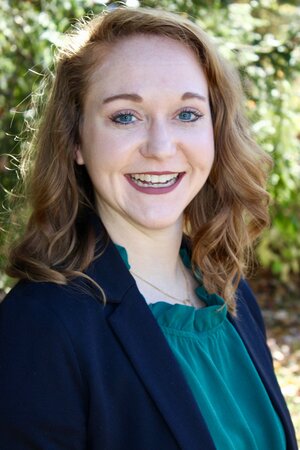
Liz Brandt serves as the Community Engagement Director at the Bonner Foundation, a national organization working to advance campus-community engagement in higher education. In this role, Liz designs and manages initiatives for supporting 70+ colleges and universities with Bonner Programs. She works to advance the field through research and scholarship, resource and program development, leading strategic visioning and planning, and fostering networking and collaboration. Liz holds a B.A. in Anthropology and Sociology from Centre College and a M.S. in Higher Education from Drexel University.
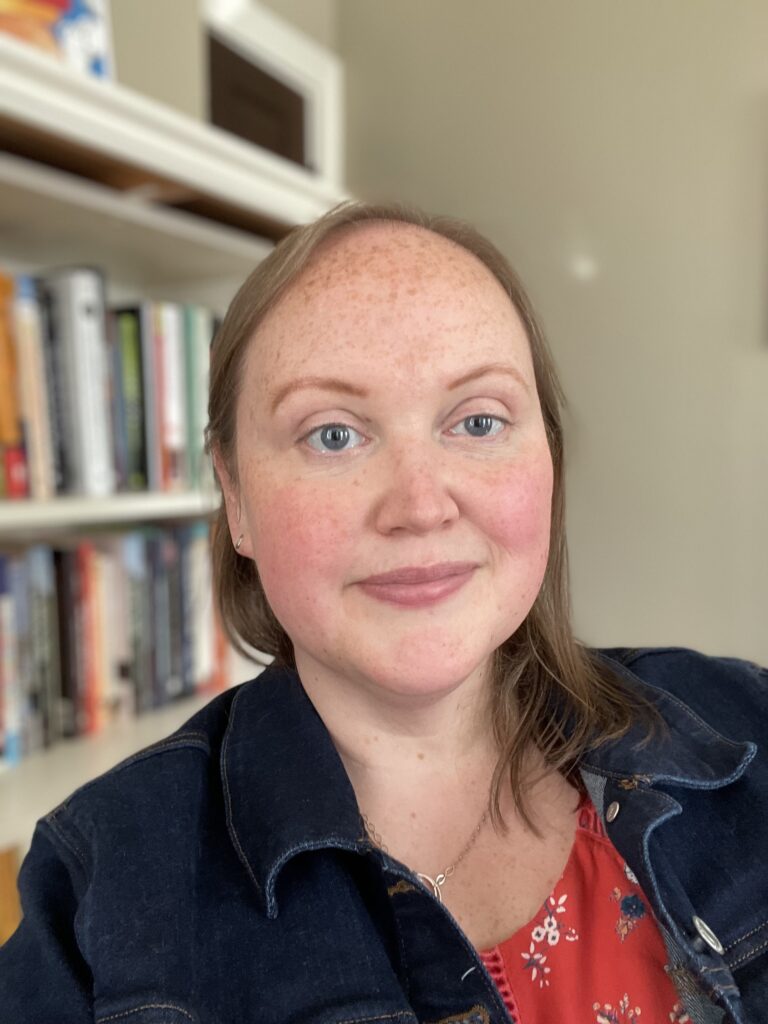
Laura Megivern is the Director of Community Engagement at Dickinson College’s Center for Civic Learning & Action. Her current work includes managing Dickinson’s Community Engagement Fellows and Service Trips programs, among many other initiatives. Laura’s professional and research interests include the intersections of politics and group conflict in community engagement work in higher education; constructivist diversity, equity, and inclusion education; creating quality alternative breaks; and mentorship and support of new professionals and graduate students.
Laura previously served as the Assistant Director of Student Life for Leadership and Civic Engagement Programs at the University of Vermont from 2011-2019. In her work at UVM, she worked with student-focused service programs including a service orientation program; cofacilitated a research team focused on service trips, motivation and leadership; and created and facilitated intergroup dialogue, social justice and racial justice education programs. Laura is also a UVM alumna with degrees in Higher Education & Student Affairs Administration and Human Development & Family Studies.
Laura is also a former board chair for the national IMPACT Conference, historically the largest annual gathering of college students focused on service, action, and advocacy, and received the John Sarvey Administrator of the Year Award in 2019 for her leadership.

Ella Guimond serves as the Associate Director for the Center for Civic Engagement & Social Impact at West Chester University (WCU). Before joining WCU, Ella worked as a Community Engagement Manager for Catholic Relief Services (CRS) where she mobilized local communities to advocate for changes to U.S. foreign policy that promote justice and reduce poverty overseas. Prior to CRS, Ella worked at the Faith-Justice Institute at Saint Joseph’s University, where she promoted academic service-learning experiences with community-based organizations throughout Philadelphia and New Jersey. Ella also spent a year working for the Casa de la Solidaridad study abroad program in El Salvador.
Ella has her Master of Social Work from the University of Pennsylvania and her Bachelor of Arts in Ethnic Studies with minors in Spanish and Peace and Justice Studies from the University of San Diego. Ella is passionate about creating meaningful experiences for students to engage in experiential learning opportunities that challenge them to think critically and take action.
Copyright © 2022